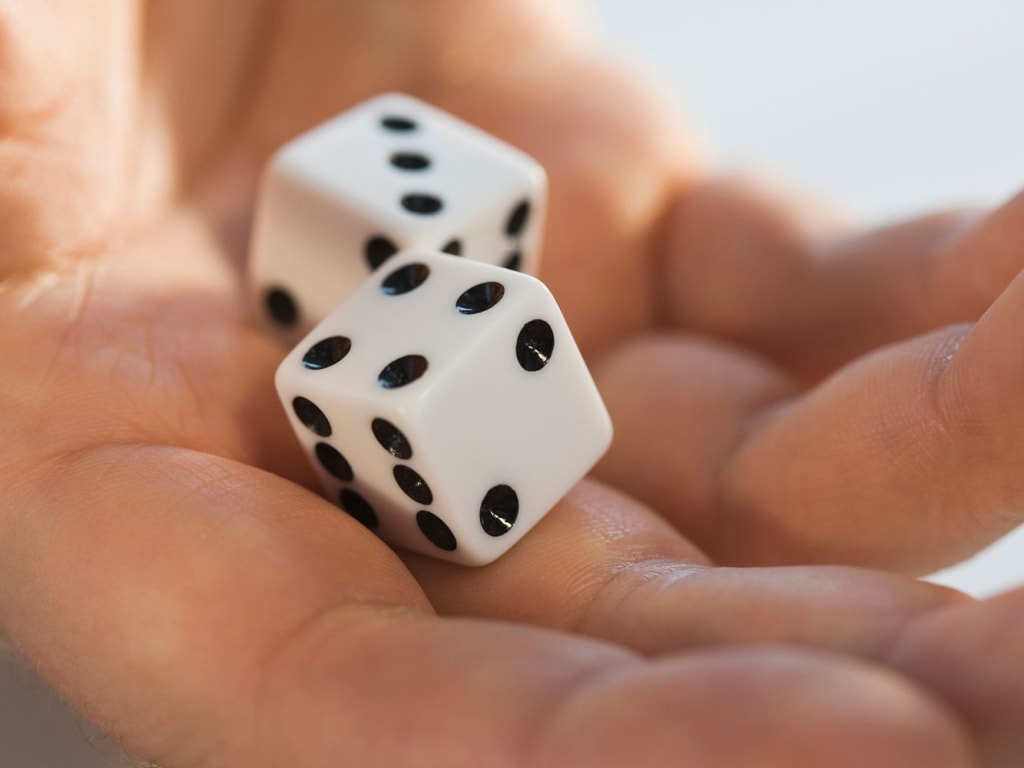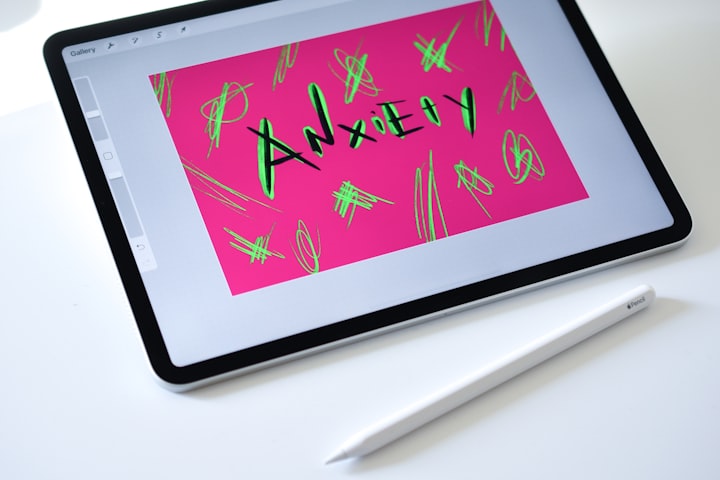
When many of us think about versus chance, the English expression, “A roll of the dice” comes to mind. When you are faced with two or more choices and you must act, it’s like rolling the dice and hoping to get lucky in a table game at a casino. There is always going to be a risk involved when rolling the dice or making the choice in life as there is when it comes to choosing one of two possible decision or even one of multiple decisions.
Life involves a lot of non-linear choices to make and that inevitably involves taking chances on it. There’s no bigger example for me of taking a chance metaphorically than the rolling of a dice like at a craps table. Dice can have multiple choices on them or two choices only, one of which that it will land on, the other it will miss, but there is only one outcome without any alternative once the dice stops rolling.
Many of our day-to-day decisions involve choosing, taking that action, and going in one and only direction after the decision is made like the dice being rolled. While we would like to choose both options to see where they lead us, the chances of doing so are unrealistic and impossible. Like the dice that we roll, in life, we only can choose one of two or more possibilities. Dice can have more than two choices and while your standard dice has six sides to it, life usually has us choose between more than a few options as well with only one possible choice being the outcome to follow.
The metaphor of rolling the dice is apt when you consider that for the average person, choice overload leads to indecision or no decision at all. The most stressful part of a person’s day is not making the choice itself but rather when they are not given a choice or if they have too many choices to choose from. There is real fear and anxiety in people thinking they made the wrong decision and if they have multiple choices, the likelihood of feeling stress goes up because the choice is not simplified, and they must weigh different outcomes rather than just two or a few of them.
When the choices we have in front of us are two or four or six, we suffer less from ‘analysis paralysis’ or from indecision itself. While you can still second guess yourself later, if you are still able to think your decisions through and make an educated guess or choice, you won’t feel as stressed or anxious. I think that’s why the adage of ‘flipping a coin’ or ‘rolling the dice’ appeals to people because sometimes, the randomness and leaving it up to chance is better than putting actual effort into our decisions.
That’s partly why gambling is such an intrinsic part of most cultures in that you can still act by flipping the coin, rolling the dice, pulling the lever, but you don’t have any real choice to make because you’re leaving the choice up to someone else like an algorithm, a card dealer, or fate itself. People like autonomy over their decisions but they also enjoy leaving things out of their hands and letting ‘fate’ decide what happens next.
Of course, ‘fate’ usually has its outside influence on the choice that is made whether that’s the wind gust blowing the coin on a different side you expected, the casino letting the algorithm or computer decide who wins or who loses, or more generally, the environment around you that has an impact on the outcome. Fate itself is not without its own influence on the outcome so if you think that there is anything in this world that is truly impartial or just unbiased to the core, I tend to disagree and believe that whether it’s leaving things up to ‘chance’ or ‘fate’ itself, nothing is ever truly random in its consequence and that no outcome is without its own chance of interference.
You may have rolled the dice, pulled the lever, tossed the coin, picked a card from a deck, but there are other factors at play that keep ‘fate’ from being truly blind in its outcome. Even when leaving things up to ‘chance’, you still acted up until that point and the fact that you put yourself in that situation means the outcome itself afterwards even if you call it ‘fate’ was a consequence of your actions only but it is rather true instead that the immediate environment, the people around you, and a number of other external factors that had an influence on the ‘fate’ of that outcome.
Rolling dice, playing cards, and gambling give people a thrill because your action can lead to random winnings or losings but that’s basically the illusion of it all. Fate in life like a rolling of the dice may seem random but there are outside factors in place that may seem like it was ‘destiny’, ‘fate’ or ‘random luck’ but involved several actions, decisions, beliefs that led to the present moment.
Instead of trusting in ‘fate’ to guide us or for our choices to always be led to pure ‘chance’, we lose the power of our choices and the education of our decisions. We cannot always leave things to ‘chance’ and must look beyond picking randomly or choosing out of a hat to guide us in life. While I disagree with taking on too many choices or nitpicking every decision you make, you must always be thinking things through, educating yourself, and being willing to learn from your mistakes.
Choices inevitably cause consequences, both good and bad, and we cannot foresee where our choices may lead. However, if we leave too much up to ‘fate’ or ‘luck’ as we call it, then we will never really mature or grow as people. People should do their best to have autonomy over their decisions and to not take them lightly. Yes, it can be fun to roll a dice or flip a coin to make our choices, but life is too serious to be gambling on our choices like that. Rolling the dice may seem like an easy way to go through life like picking random numbers out of a hat but that’s not how the real-world works. When we evaluate our choices, think through decisions that have big consequences, and trust in our believes to guide us through the consequences of those decisions, we will be better off as individuals for having taken control of our lives rather than leave it all up to ‘chance.’
About the Creator
Ben W
Ben helps students from around the world to improve their English language skills. Ben enjoys traveling around the world, developing his writing abilities, and reading good books.






Comments
There are no comments for this story
Be the first to respond and start the conversation.